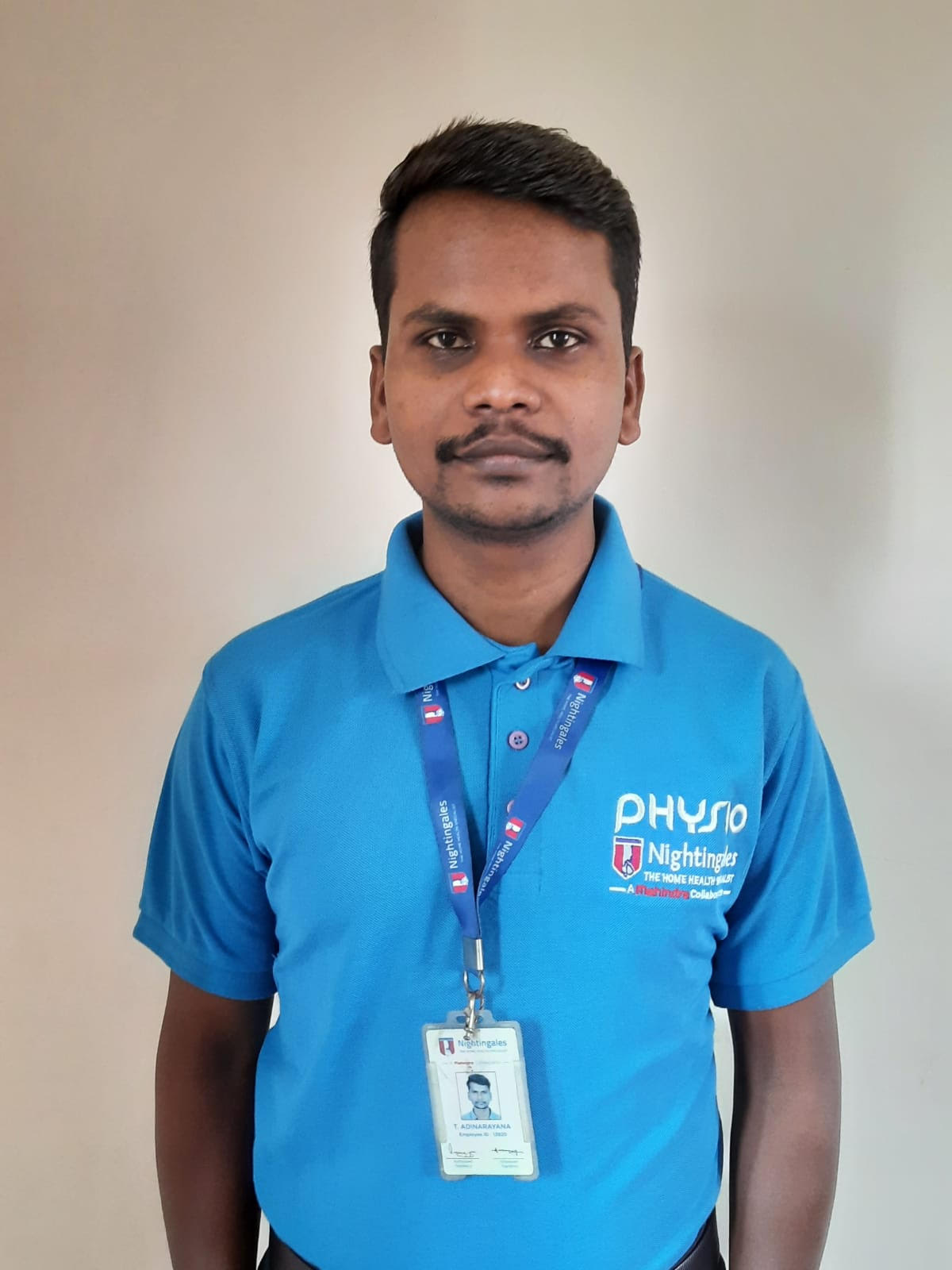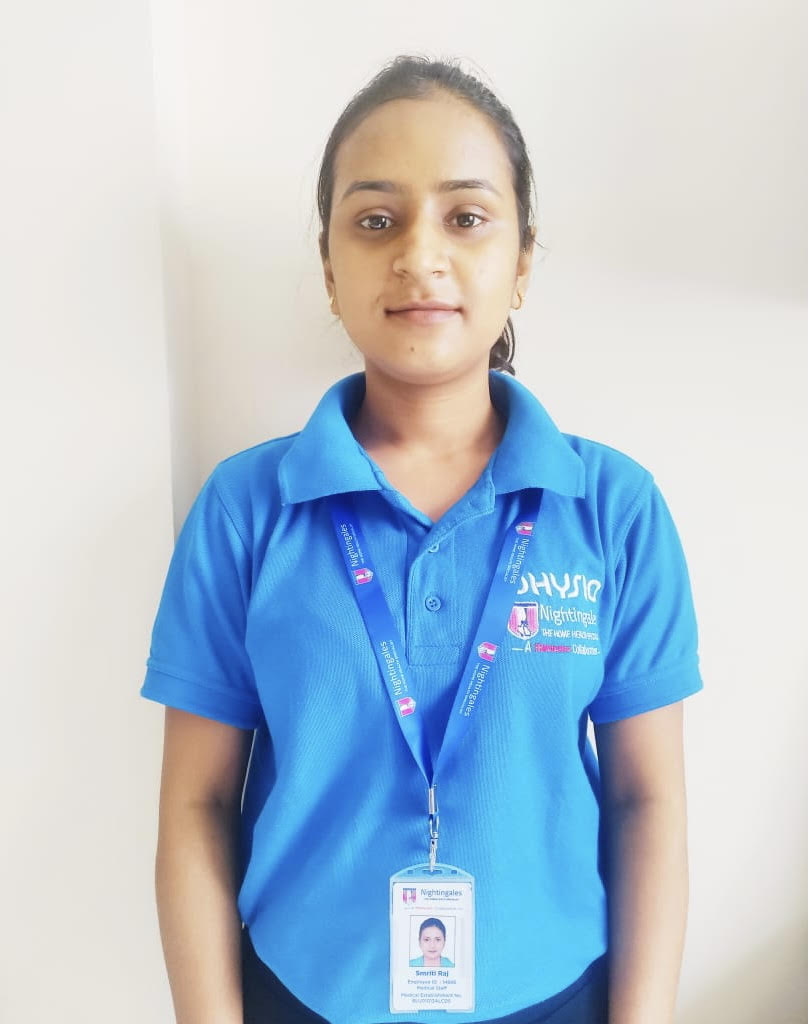'Dear Customer; We don't support Internet Explorer (IE) browser. We request you to use Chrome, Firefox or Safari. Thank you.
What we offer
Most reliable and expert physiotherapists helping you get back on track.
Physiotherapy at home by Nightingales helps you to restore movement and function when you or your loved ones are affected by injury, illness, or disability. Nightingales’ Physiotherapists are experts trained in clinical skills to assess, diagnose, treat and help patients to regain mobility. Nightingales Physiotherapy at home provides physio for Orthopedic, Sports Injuries, Post-Operative Care, Geriatric Care, etc.
Physiotherapy at home by Nightingales helps you to enjoy the benefits of physiotherapy without having to go to a Physiotherapy Clinic. Our team of expert trained physiotherapists personally visits you and performs physiotherapy at home in a much simpler, more convenient, and cost-effective way.
Here are the 3 simple ways to make sure that you home physiotherapy session works seamlessly:
Step 1: Keep all the medical records handy for physiotherapy assessment
Step 2: Make sure your physiotherapist knows your medical history thoroughly
Step 3: Select the preferred comfortable area in your own house where you can do the required physiotherapy exercises
Nightingales Physiotherapy at home helps you manage -
Physiotherapy for Paralysis - Physiotherapy at home for paralysis helps you with increasing muscle strength, stamina and enhance independence with day-to-day tasks.
Correcting and varying different postures to prevent soft tissue shortening and pressure sores Regular standing to weight bear which is good for the bones and increases circulation to the internal organs Teaching wheel chair skills which include pushing and turning the chair, operating the brakes and removing the footplates and arm Teaching transfers (getting in and out of a wheelchair, bed, shower/bath, on and off the toilet) Advice on orthotic devices Hydrotherapy to lengthen tight muscles and improve muscle strength above the level of injury.
Musculoskeletal Physiotherapy - The term musculoskeletal Physiotherapy refers to treat the injures in muscles, bones, joints, nerves, tendons, ligaments, cartilage, and spinal discs. It helps in relieving pain and help in function better.
Cardiac Physiotherapy - Physiotherapy post heart attack can improve cardiovascular fitness through physical activity. It minimizes the risk of further cardiac events. Exercise would help your heart to pump blood and deliver oxygen to the body. It can lower your cholesterol level and blood pressure.
Respiratory Physiotherapy - Although physiotherapy is one of the best options available to treat these problems. Respiratory Physiotherapy helps in treating most of chronic pulmonary disorders (COPD) cystic fibrosis, bronchiectasis, etc. It helps in strengthen the muscles and clear the airways with different interventions. Chest Physiotherapy helps in improving respiratory function by removing thick secretions from airway promoting ease of breathing and preventing infections.
Pediatric Physiotherapy - Physiotherapy plays an important role in helping children to their physical potential and improving quality of life. It fosters well-being and helps to promote a child’s growth and health.
Parkinson’s Disease - Parkinsonism is a chronic and progressive neurological disorder. The patients have trouble performing day to day tasks. Home physiotherapy tool that can help the patient regain more mobility, strength, endurance functional practice and balance.
Post-Surgical Rehab - Physiotherapy at home can go a long way in helping you get back to normal. It helps in improving muscle strength, posture and balance. It helps in reducing the pain with various manual therapy interventions.
Back Pain - A sedentary lifestyle and bad posture, along with Sitting down for long periods daily travel can cause persistent back pain. The same problem can be solved if you start using Back pain physiotherapy on a daily basis will include electrotherapy modalities, stretching, strengthening and low impact aerobic exercises at the comfort of your home.


Book an online appointment; Request a call back on website; Simply dial 1800-103-4530.
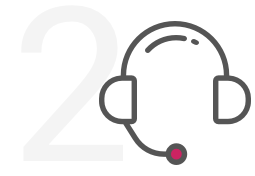

Our executive gets in touch with you and schedules an appointment.
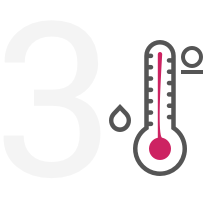

Our qualified expert visits your home for an assessment and initiates the therapy.
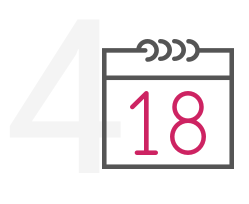
Measures improvement over time and recommends next steps if any.
Physiotherapist Lead- Rehabilitation
MPT
Physiotherapist
BPT
Physiotherapist
BPT


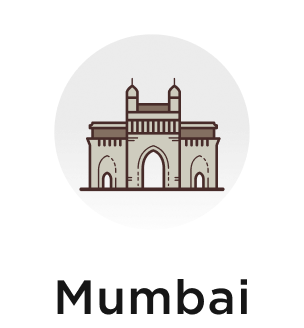


A: We are currently available in 3 major cities in India: Bengaluru, Hyderabad, and Mumbai.
A: You can choose from multiple options to find a Nightingales's Physiotherapist near you - Book online, request a call back on our website or simply dial +91 1800 103 4530. Our team will connect you with the nearest physiotherapist in your city who can treat your condition.
A: We have qualified Physiotherapists with MPT & BPT degrees; all of them are experienced professionals & are well trained in providing home-based care.
A: Our Physiotherapist measures improvement in your condition over time and recommends next steps, exercises & a course of action for you.
A: Session count and duration depends on the patient’s condition and our evaluation. On an average a Physiotherapy session lasts for about 45 minutes.
A: Yes. Date and time preferences can be discussed with your visiting Physiotherapist. The sessions in the package will need to be taken within the agreed duration at the time of booking.
A: Yes. Payments are facilitated with a hassle-free online payment gateway.
A: Our prices for Physiotherapy start at INR 750 & depend on the medical condition, city for the service & other details.
A: A physiotherapist can treat variety ofissues like Sports injuries, Musculoskeletal, Neurological problems depending upon the Expetis of the physiotherapist. Some of the Common issues that can be treated by a physiotherapist are as follows: Neck pain, back pain, and sport injuries caused by problems in the muscles and skeleton. Problems in the bones, joints pain, muscles pain and ligaments, such as arthritis. Fatigue, pain, swelling, stiffness and loss of muscle strength. Loss of mobility because of trauma to the Stroke or spine, or due to diseases such as Parkinson’s disease and multiple sclerosis, Post operative exercises after THR and TKR , COPD , Geriaritic rehabilitation.
Need help? Get a call back from our support team

